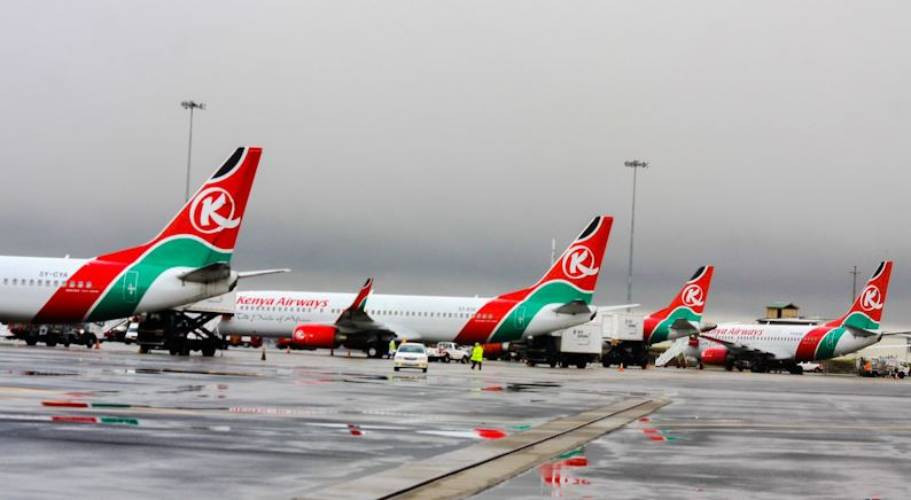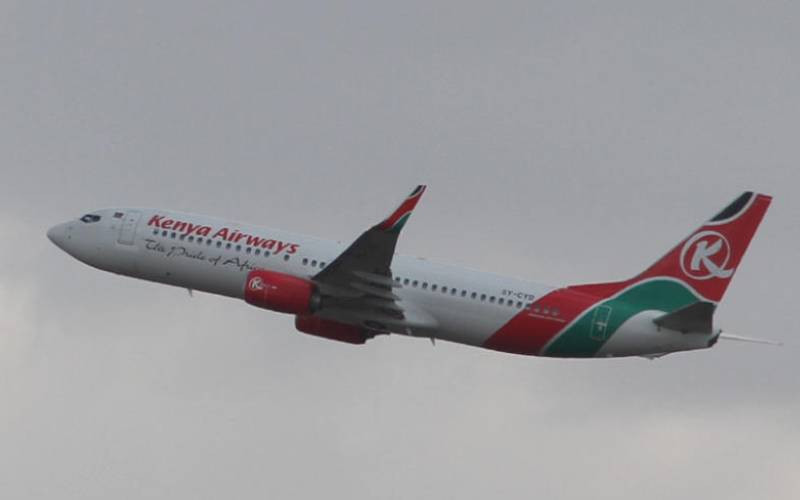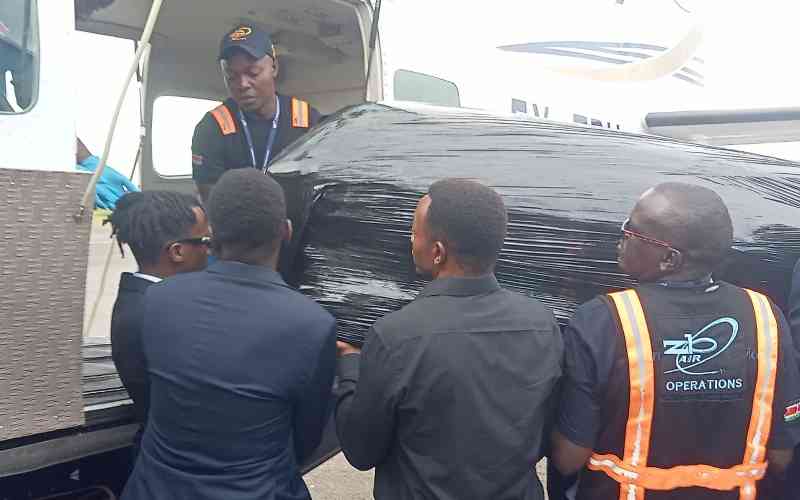NAIROBI: For the second year running, Kenya Airways (KQ), has made staggering losses. Its latest financial report shows the airline made over Sh25 billion losses. In 2014, the national carrier made losses amounting to Sh3.3 billion. Since 2008, the national airline has experienced a profit and loss see-saw, recording a profit one year and descending into a loss in the next.
But never in the history of corporate Kenya have we experienced such a precipitous drop in profits. Whereas a drop in the profit might not signal imminent implosion, especially in the airline industry where the loss can be redeemed in the long-term by how the firm manipulates fuel hedging and other costs, KQ’s misfortunes raise several questions.
What went wrong? While it is easy to blame it all on the tough economic situation in the wake of the Ebola outbreak in its key market of West Africa, it is also prudent to ask what those in KQ’s C-suite knew and when. That includes seeking answers from the immediate former management led by Titus Naikuni because to attribute the mind-boggling loss to the tourism slump, political instability and other natural disasters is to stretch it too thin.
While the current management of the airline attribute the huge losses to fierce competition from other carriers, terrorism, travel advisories and unstable fuel prices, these reasons may not hold much water, given the gravity of KQ’s financial health. Besides, we can ill afford to ignore financial improprieties that the Parliamentary Public Accounts Committee is investigating, as preliminary findings reveal the airline may have made bad investments in the purchase and lease of some of its aircraft. On this score, the Government, which is one of the airline’s biggest shareholders, cannot plead innocence since issues such as the purchase of additional planes for the national carrier could not have escaped its attention. The Transport Principal Secretary sits on the board of Kenya Airways as a nominee of the Government. This may validate fears in some quarters that there is an elaborate scheme to privatise the national carrier so that a few individuals could profit.
While KQ should not be allowed to join the long list of once prominent companies such as the Kenya Meat Commission, Kisumu Cotton Mills and Mumias Sugar Company - to mention but a few that have collapsed - those responsible for KQ’s seemingly bad decisions must be brought to book. Why should the Government throw good money after bad money? In May, the Government gave the troubled airline some Sh4.2 billion to shore up its dwindling fortunes. This bailout was meant to cushion KQ from taking expensive loans from the banks, making much-needed savings and lessening the disruption of its cash-flow. This could as well have been too little, too late effort especially considering KQ’s Sh70 billion liabilities.
KQ doesn’t need more money, it needs sound business practice. The airline has recorded growth in its domestic flights by charging cheaper fares on some routes, while giving discounts on early bookings. However, a shake-up is needed to ensure KQ finds its rightful footing again. With proper management, there is no reason why it should not compete on equal footing with the market leaders.
Last, but not least, as a shareholder, the Government ought to give KQ a leg up and make ease of its operations a priority by relaxing the regulatory framework, thus levelling off the advantage that such success stories as Emirates and Qatar airways enjoy, which though relatively younger than the national airline, are considered hugely profitable.
 The Standard Group Plc is a
multi-media organization with investments in media platforms spanning newspaper
print operations, television, radio broadcasting, digital and online services. The
Standard Group is recognized as a leading multi-media house in Kenya with a key
influence in matters of national and international interest.
The Standard Group Plc is a
multi-media organization with investments in media platforms spanning newspaper
print operations, television, radio broadcasting, digital and online services. The
Standard Group is recognized as a leading multi-media house in Kenya with a key
influence in matters of national and international interest.
 The Standard Group Plc is a
multi-media organization with investments in media platforms spanning newspaper
print operations, television, radio broadcasting, digital and online services. The
Standard Group is recognized as a leading multi-media house in Kenya with a key
influence in matters of national and international interest.
The Standard Group Plc is a
multi-media organization with investments in media platforms spanning newspaper
print operations, television, radio broadcasting, digital and online services. The
Standard Group is recognized as a leading multi-media house in Kenya with a key
influence in matters of national and international interest.








